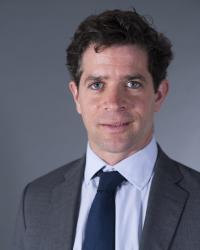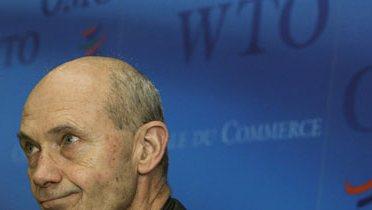Introduction: The World Trade Organization and a Changing Global Economy
According to the World Trade Organization, trade liberalization achieved since its establishment in 1995 has raised global income by as much as $510 billion. Since its creation, WTO rules, its dispute settlement mechanism and the work of its secretariat have also become central to the management and smooth functioning of global trade. During the 2008 global financial crisis when plunging economies and rising unemployment created pressures to protect domestic industries, the WTO was credited for stopping a descent into the type of tit-for-tat protectionism that countries engaged in during the Great Depression. Despite the WTO’s undeniable success, a changing international economic environment creates a series of significant challenges for the organization.
The most obvious challenge is that the Doha Development Round—the current round of multilateral trade negotiations to further liberalize trade and reform the WTO. After a decade of talks, it still remains to be concluded. The Doha Round is focused on reducing important trade barriers in sectors, such as agriculture, industrial goods and services. This would encourage businesses around the world to specialize in the production of goods and services, achieve economies of scale, and increase their efficiency and productivity, which would allow them to deliver improved and cheaper products to global consumers. As importantly, the Doha Round is particularly focused on providing increased market access to goods and services from developing countries. In the end, the WTO estimates that the Doha Round could increase global GDP by $150 billion per year.
However since the launch of the Doha Round, countries have turned to free trade agreements (FTAs) in order to gain significant trade access in new markets and to explore new trade-related issues that are currently not addressed within the WTO. As more FTAs have been concluded, the central role of the WTO in liberalizing trade has been called into question. In addition, the WTO has played a very limited role in helping address other global issues related to trade, such as food security, climate change and global trade imbalances.
This paper is part of a series of in-depth policy papers, Shaping the Emerging Global Order, in collaboration with ForeignPolicy.com. Visit ForeignPolicy.com’s Deep Dive section for discussion on this paper.



